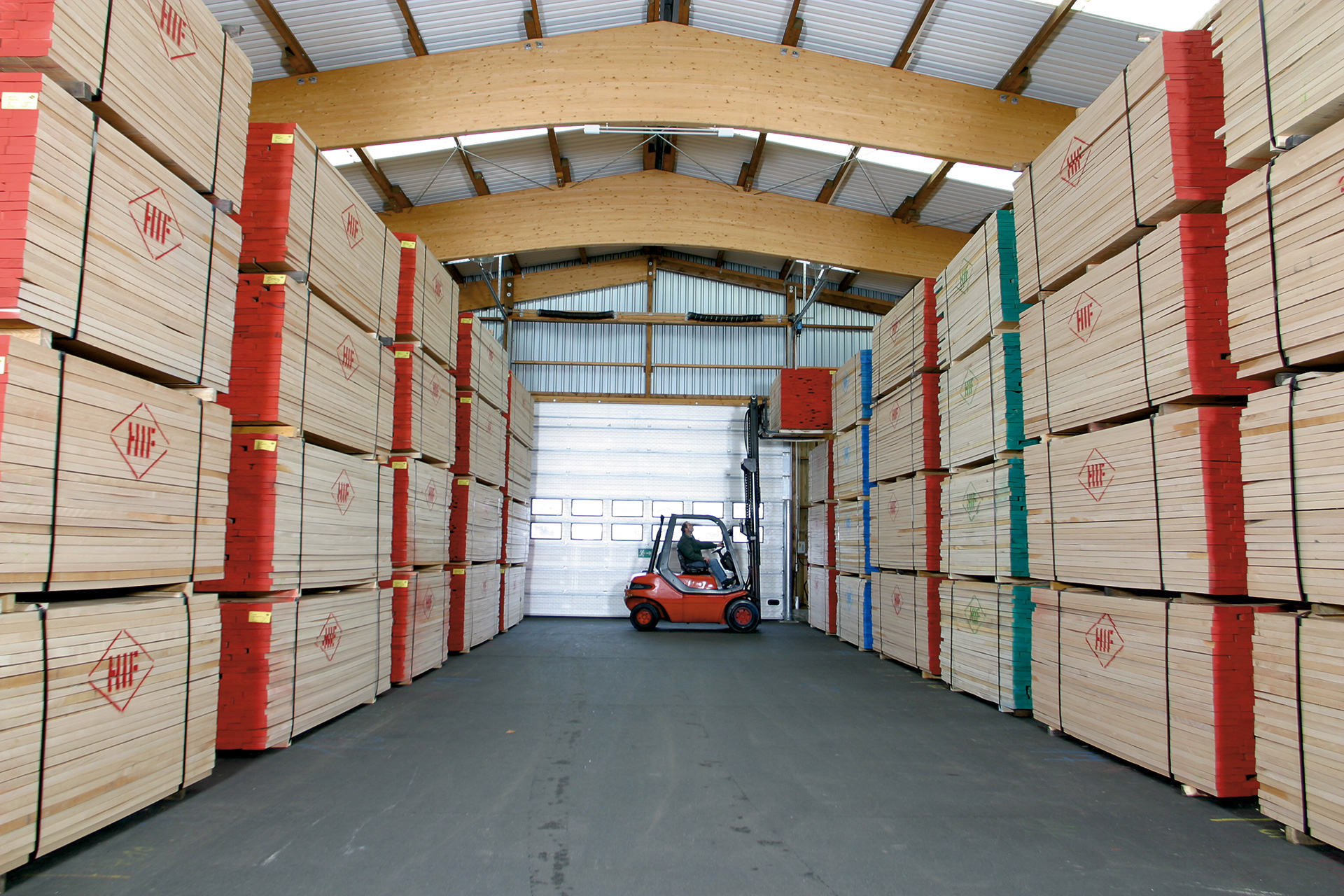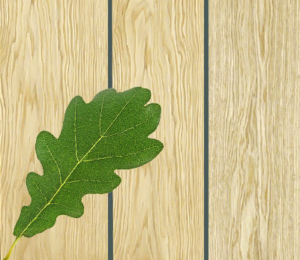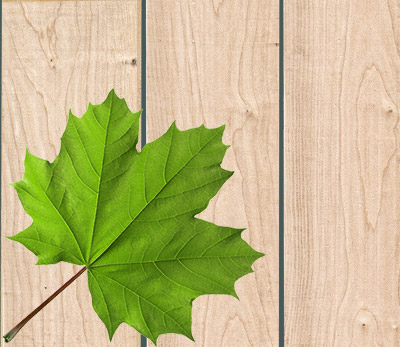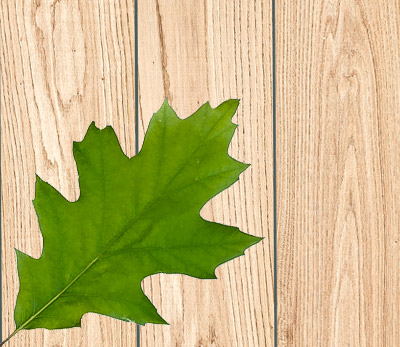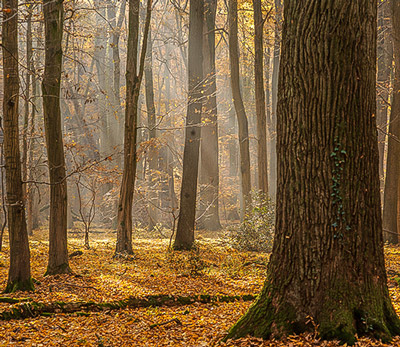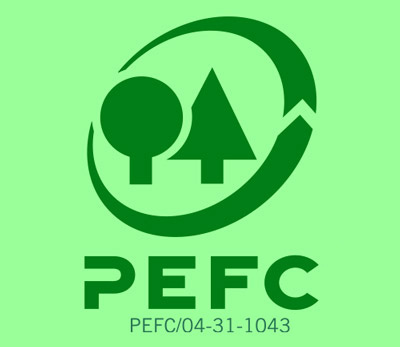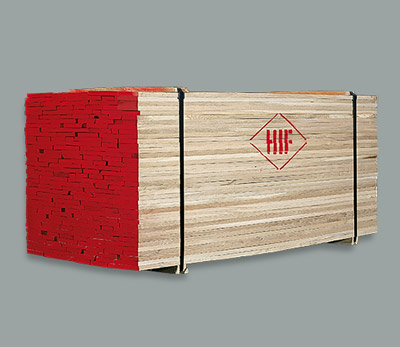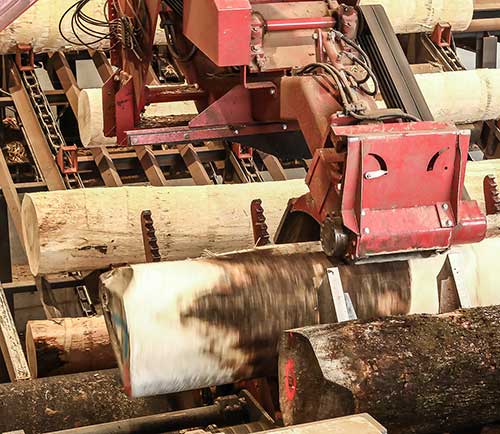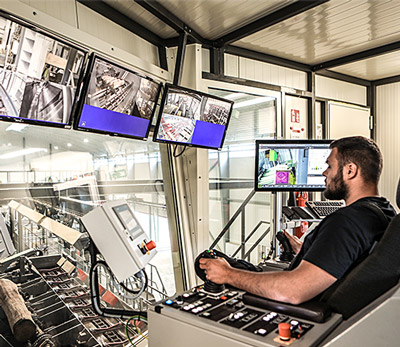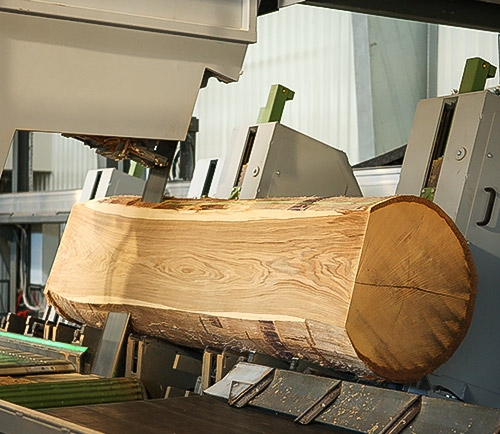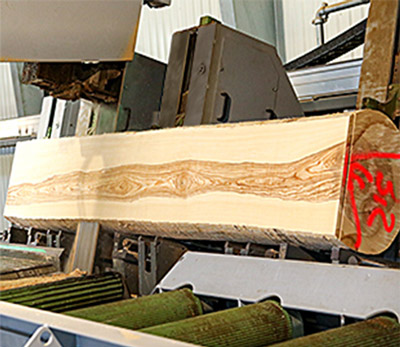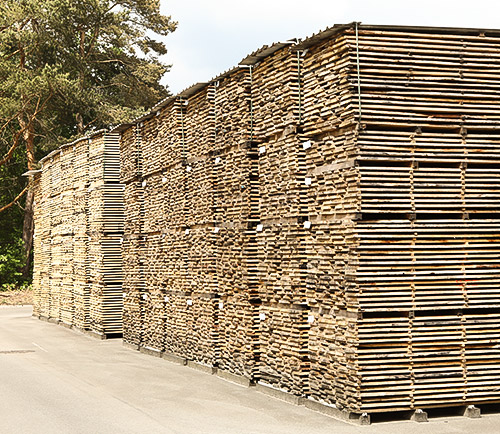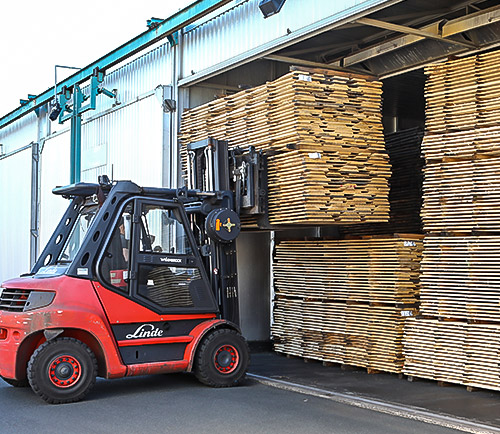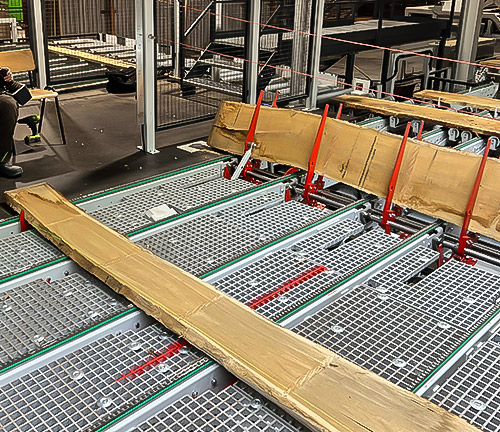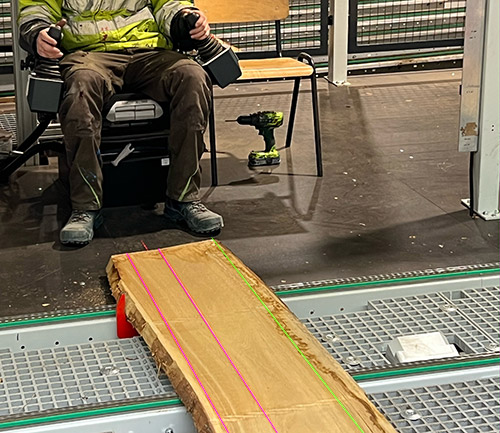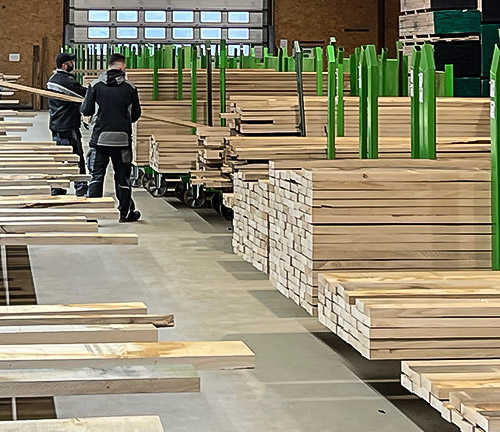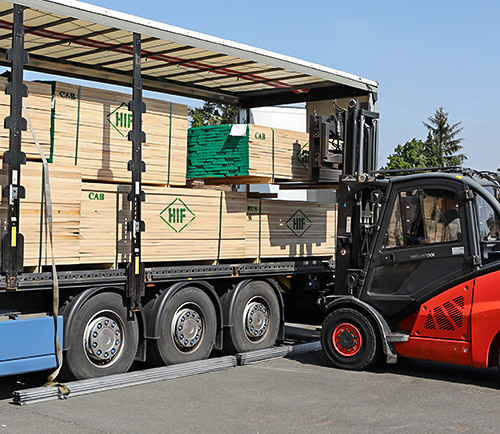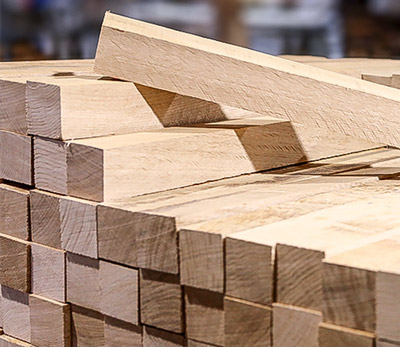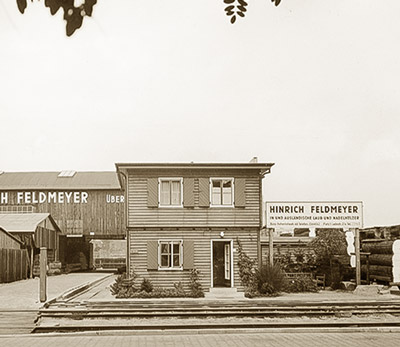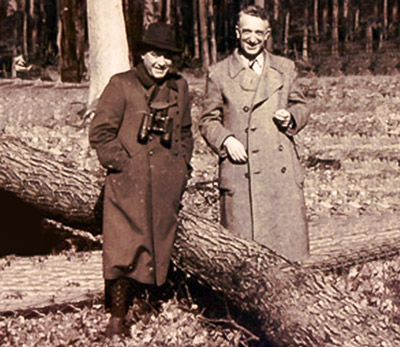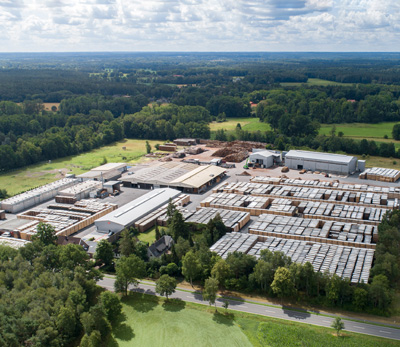Post-war years
After the 2nd World War in 1945 the German economy had totally collapsed. During the war, the warehouse of HIF had burnt down, all property in the eastern part of Germany was lost, only the outside walls of the office building in Bremen still existed. All that remained where friendship, knowledge and the strong will to maintain the tradition in the timber trade and to rebuild HIF.
The German currency had lost its value, wood was only sold with allotment vouchers at prices fixed by the state. But based on the. close cooperation with the shipbuilding and fishing industry, there was a new beginning. Apart from the allotment vouchers the fishing companies “paid” with fish and in exchange HIF took over the wood supply for those shipyards and fishing companies wich where of major importance for the country in the political-economical point-of-vies and just for the simple need of food.
With the recovery of shipbuilding in Germany and the reconstruction of the town of Bremen, 70 % destroyed during the war, also HIF started its reconstruction placing the company very rapidly again in a significant position among North-German timber importers.
When the use of timber on large vessels was banned by new fire-regulations end of the 1950ies the company looked for new markets which were open for German hardwoods. Therefore and for expanding the business, it became more and more important to have own production facilities.



